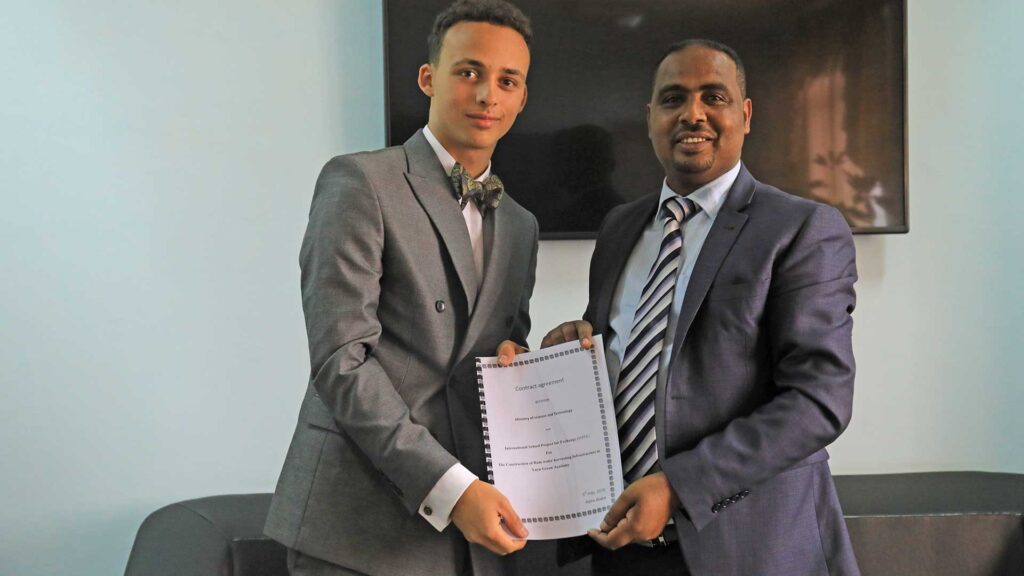12:15pm in Zurich, 18:15pm in Bangkok, the interview begins. Dr. Benno Böer represents UNESCO from Thailand, and me Felix Matschie interviewing him for the Radio of the Sustainability Week Zurich. University students from different Zurich-based universities, such as ETH-Zurich, ZHAW School of Management and Law, University of Education Zurich (PHZH), University of Zurich, and the Zurich University of the Arts (ZHdK) are all listening. The sustainability Week Zurich has a long-standing record with university students in Switzerland as a place to discover and broaden their understanding of issues all-around sustainability, climate change, and sustainable development.
During the next 30 min the listeners of the Radio get an introduction to the concept of Green Academy with its 5 pillars:
- Rainwater harvesting and utilization
- Grey and black water recycling
- Clean energy supply and application
- Biomass production
- Youth clubs to learn about environmental shock resilience, and manage and sustain the Green Academies
University students also learn about the vision and potential impact that UNESCO Green Academies will have on the Sustainable Development Goals of the UN Agenda 2030, and the enormous scope the initiative will have once spread to the majority of schools worldwide.
Listen to the interview (German language)
Not only would it significantly improve the impact on the environment that 3 million schools have worldwide, but it would also impact billions of school and university students going through those schools. Raising generations of people for whom sustainability and environmental resilience are not an achievement or aspiration but the standard operating procedure. Therefore, generating the bedrock of society that lives in harmony with its environment is crucial.
What fascinates me the most is that working on a UNESCO Green Academy project in Yayu, Ethiopia, I learned that the underlying technology is not complicated or revolutionary; it is based on long-known concepts, easy to implement, more importantly, easy to maintain, simple to understand and apply, and, it is affordable. Meaning local people can utilize local resources, local know-how, and local labor-power to find the solution to meet the 5 pillars in a localized context.
In the best case, this will allow the formation of a decentralized global network of UNESCO Green Academies and allow for the identification and testing of different solutions to the challenges of climate change, biodiversity loss, pollution, and environmental degradation. Establishing and managing UNESCO Green Academies will contribute as a catalyst of global knowledge transfer of ideas and experiences and strengthen communities with usable and sustainable solutions to their individual and local problems.
Moreover, this interview allowed us to spread this idea to many students of several top universities in environmental engineering studies. It´s events like these that lay the seeds for action. The challenges we face today are bigger, more dangerous, more existential, and harder to solve than any challenge we have faced so far. Yet we are also more connected, have access to more knowledge and resources than ever before. Now it is time to leverage those opportunities. So, to you, the reader, please take action, donate, start your own UNESCO Green Academy group, call your representative. There is no time left to wait, and there is no one else but you to do it.


